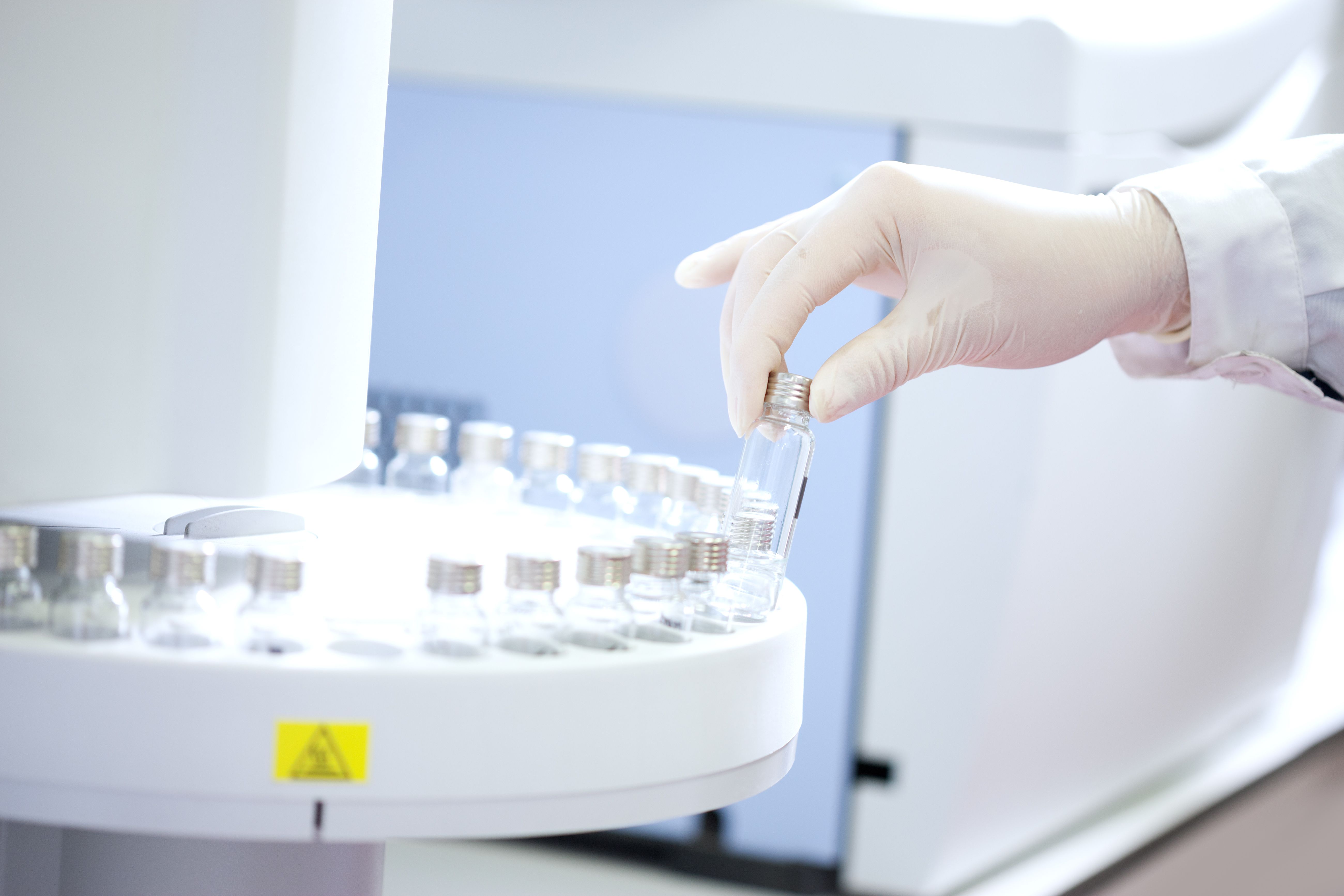New Algorithm Enables Confidence Intervals for Quantitation of Coeluted Peaks in Liquid Chromatography
Researchers have developed a novel algorithm that combines multivariate curve resolution-alternating least-square (MCR-ALS) and Bayesian inference techniques to estimate confidence intervals for the quantitation of coeluted peaks in liquid chromatography-photodiode array detection.
The quality control of drug candidates with complex structures and coeluted peaks poses a significant challenge in pharmaceutical analysis. Researchers Yusuke Tamai, Akira Noda, and Eiichi Yamamoto from Shimadzu Corporation and the National Institute of Health Sciences in Japan have developed a novel algorithm that combines multivariate curve resolution-alternating least-square (MCR-ALS) and Bayesian inference techniques to estimate confidence intervals for the quantitation of coeluted peaks in liquid chromatography-photodiode array detection. Their findings were purchased in the Journal of Chromatography A (1).
Chemical lab: autosampling | Image Credit: © stokkete - stock.adobe.com

Liquid chromatography, particularly high performance liquid chromatography (HPLC), is widely used in pharmaceutical analysis. However, the presence of coeluted peaks, especially for substances with similar structures and physicochemical properties, makes quantitation challenging and increases the likelihood of separation failure. To address this issue, the researchers applied the MCR-ALS method, which utilizes differences in analyte ultraviolet (UV) spectra to separate coeluted peaks.
Although MCR-ALS improved peak separation, there were still significant quantitation errors for coeluted analogous substances, necessitating the development of an algorithm to enhance the reliability of quantitative data. The researchers employed Bayesian inference in combination with MCR-ALS to assign confidence intervals to the quantitative data of each analogous substance.
Bayesian inference is a statistical method that allows for the estimation of probability distributions based on available data and prior knowledge. In the context of MCR-ALS, Bayesian inference provides a framework for assigning confidence intervals to the quantitative data of each analogous substance, improving the reliability of the results. By incorporating Bayesian inference into MCR-ALS, the algorithm accounts for uncertainties and variations in the data, resulting in more accurate and robust quantitation of coeluted peaks in liquid chromatography analysis.
To test the algorithm's effectiveness, two analogs of telmisartan were used as models, and a simulated two-component HPLC-UV dataset with varying intensity ratios and resolutions was analyzed. The results demonstrated that the algorithm successfully assigned confidence intervals, including the true value, to the peak areas in almost all cases, even when the experimental parameters were modified.
Furthermore, the algorithm was evaluated using a real HPLC-UV dataset, confirming its ability to assign reasonable prediction confidence intervals for peak areas, including true values. This approach not only enables the separation and quantitation of challenging substances but also provides confidence intervals for the quantitative data, addressing the issues associated with assessing impurities in pharmaceutical quality control.
Reference
(1) Tamai, Y.; Noda, A.; Yamamoto, E. Estimation of confidence intervals for quantitation of coeluted peaks in liquid chromatography–Photodiode array detection through a combination of multivariate curve resolution-alternating least-square and Bayesian inference techniques. J. Chromatogr. A. 2023, 1704, 464136. DOI: https://doi.org/10.1016/j.chroma.2023.464136
LC–MS/MS-Based System Used to Profile Ceramide Reactions to Diseases
April 26th 2024Scientists from the University of Córdoba in Córdoba, Spain recently used liquid chromatography–tandem mass spectrometry (LC–MS/MS) to comprehensively profile human ceramides to determine their reactions to diseases.
High-Throughput 4D TIMS Method Accelerates Lipidomics Analysis
April 25th 2024Ultrahigh-pressure liquid chromatography coupled to high-resolution mass spectrometry (UHPLC-HRMS) had been previously proposed for untargeted lipidomics analysis, but this updated approach was reported by the authors to reduce run time to 4 min.
Traditional Chinese Medicine’s Effects on Liver Cancer Measured Using New UHPLC–QTOF-MS System
April 22nd 2024Scientists from Anhui University of Chinese Medicine in Hefei, China recently investigated the mechanisms behind what makes huachansu tablets, a type of traditional Chinese medicine (TCM), effective against liver cancer.